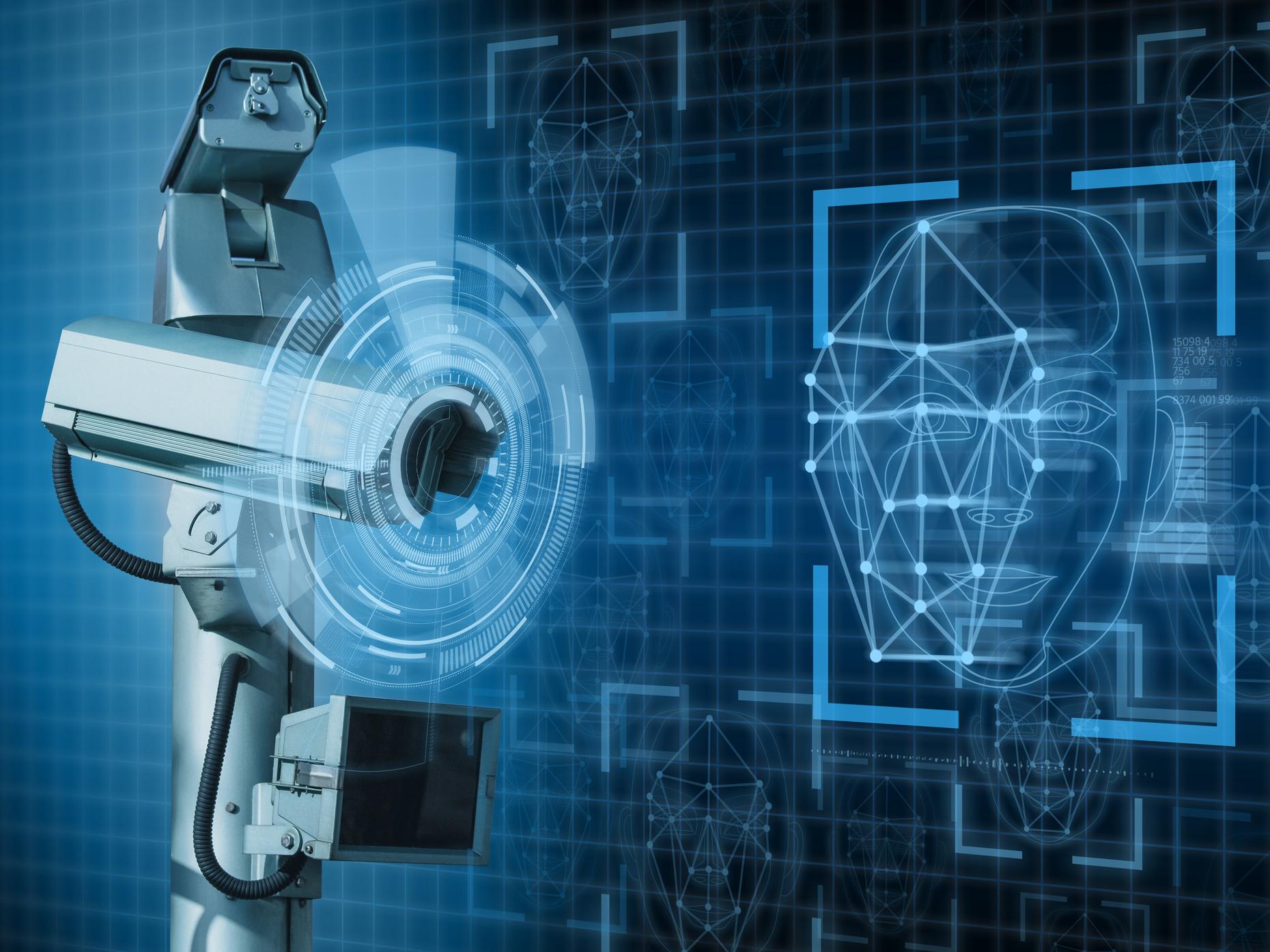
Brian Sims
Editor

Brian Sims
Editor
A FORMAL assessment process conducted by the Information Commissioner’s Office (ICO) has concluded that Facewatch is fully compliant with UK data protection law. The ICO’s findings confirm the right of retailers to protect their customers, members of staff and goods from acts of criminality by deploying the Facewatch live facial recognition system.

The ICO has stated: “Facewatch’s product aims to help businesses protect their customers, staff and stock. The system scans people’s faces in real-time as they enter a store and alerts if a ‘subject of interest’ has entered.”
The statement continues: “Innovative solutions helping businesses to prevent crime are in the public interest and a benefit to society. Data protection law recognises this, allowing personal information – in this case facial images – to be used if there’s a legitimate interest, such as for the detection and prevention of crime. However, this benefit must always be balanced against the privacy rights of the individual.”
Throughout its dealings with Facewatch, the ICO considered whether the latter’s system is compliant with data protection legislation. The ICO has commented: “Facewatch made, and continues to make, improvements to its product. Based on the information provided by Facewatch about improvements already made and the ongoing improvements it is making, we are satisfied the company has a legitimate purpose for using people’s information for the detection and prevention of crime. We’ve therefore concluded that no further regulatory action is required.”
Further, the ICO has noted: “We agreed that the purpose of preventing and deterring criminal activity is in the legitimate interest of Facewatch and its subscribers. Legal gateways in the data protection legislation allow biometric data to be processed for this purpose.”
The judgement means that subscribers can rest assured that, by using Facewatch, they are deploying a system that’s proven to be compliant.
Seal of approval
The ICO judgement follows on from the recent decision of Professor Fraser Sampson, the Biometrics and Surveillance Camera Commissioner, to award Facewatch its ‘seal of approval’ (ie the certification mark) for meeting requirements relating to the use of live facial recognition. The award of the mark followed a detailed accreditation process conducted by the Security Systems and Alarms Inspection Board.
Professor Sampson asserted: “By successfully engaging with the professional accreditation bodies and my certification scheme, an organisation, and more importantly the public, may be reassured that surveillance camera systems which intrude upon their privacy are being demonstrably operated ethically and legitimately to an appropriate standard, in a way that the public would rightly expect and to a standard that maintains public trust and confidence.”
Facewatch chair Nick Fisher responded: “The ICO judgement and the award from the Surveillance Camera Commissioner underlines our firm commitment to Best Practice in terms of preventing crime and protecting staff and customers. Members of the public and our subscribers can continue to have confidence in our systems and privacy safeguards.”
Facewatch is now the only facial recognition solution provider recognised by the UK’s regulatory bodies for such technology as being compliant with the UK’s General Data Protection Regulation and the Surveillance Camera Code of Practice.
Support from Southern Co-op
Southern Co-op is a regional, independent co-operative operating more than 300 food, funeral and Starbucks coffee branches across the south of England. The organisation is a Facewatch supporter.
On learning of the ICO’s judgement, the business stated: “We would like to thank the ICO for its detailed independent investigation and praise Facewatch for its proactivity in making improvements to its product and in upholding our high expectations. Our use of facial recognition technology is an important step forward in our work to protect our store colleagues from unacceptable violence and abuse. We take our customers’ rights extremely seriously. In the small number of our stores where we use this technology, there is just one camera at the store entrance. Using facial recognition in this limited way continues to improve the safety of our store colleagues alongside a range of other measures we’re employing to tackle crime.”